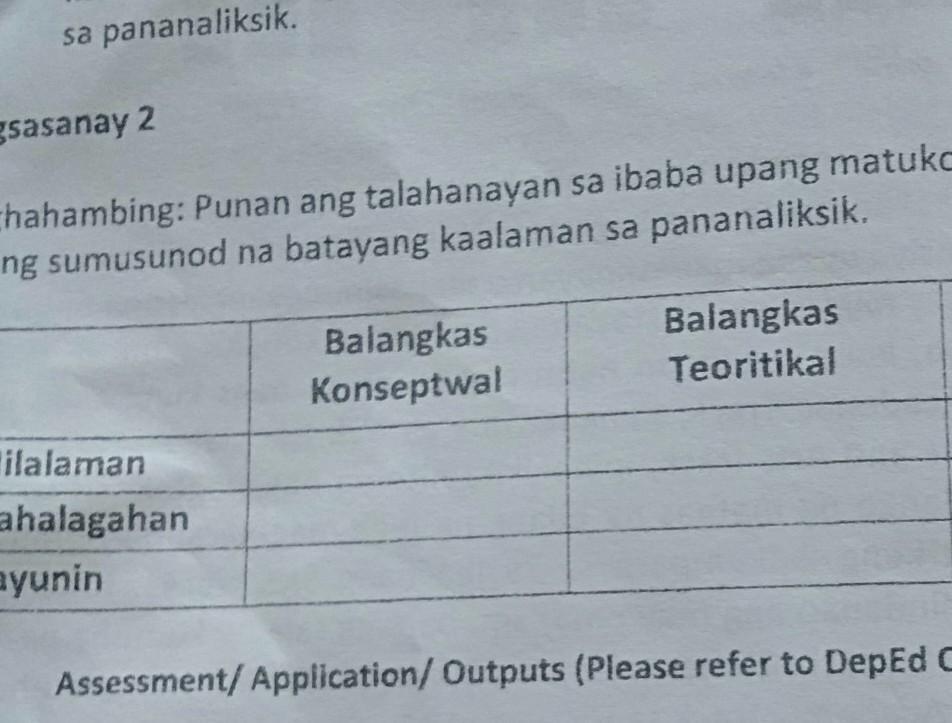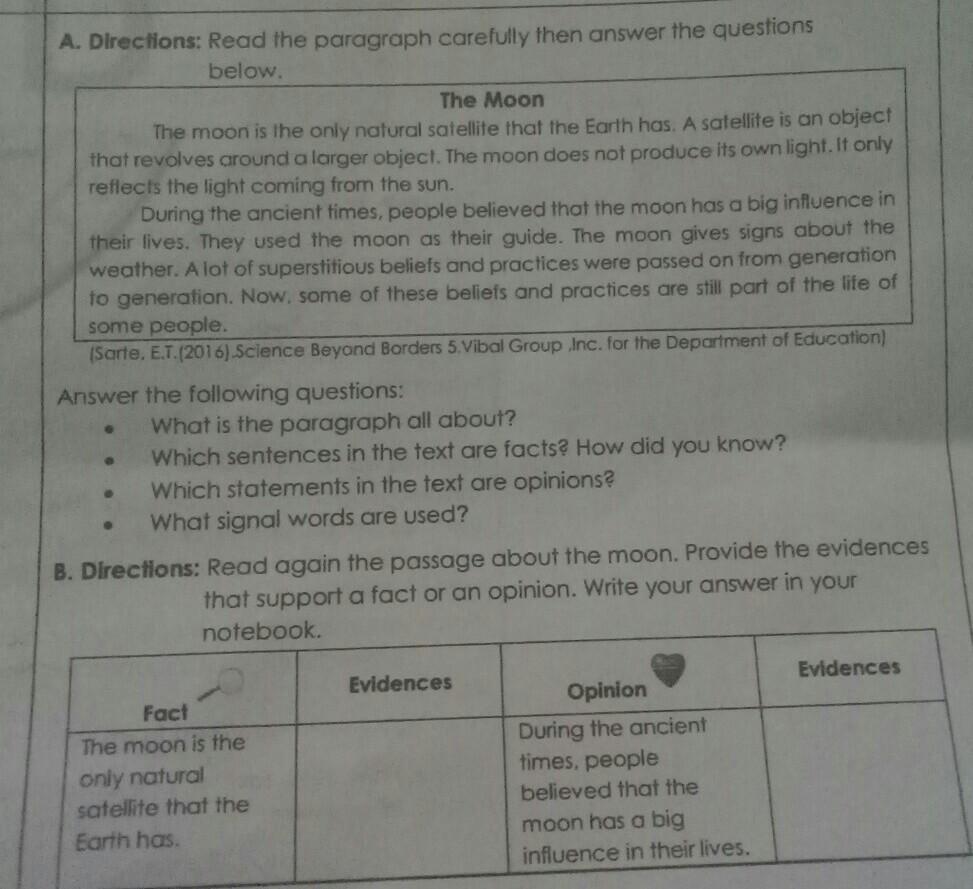Answer:
1. Start with yourself.
You’re far better than you realize. Your competitors can’t sell you; only you can do that. You may think your customer cares only about your product as a commodity. The reality is, though, that you also bring value to the situation, and you are anything but a commodity!
Stand apart by asking your customers better questions that are more insightful than anything they’ve heard. Be the pro-active person you know you are, not just in your mind but also in your actions with the customer. Most of all, allow your personality to come through in the way you demonstrate commitment and passion for serving them.
2. Focus on the customer’s solution.
Customers care only about themselves. Showing customers the standard marketing materials extolling product features is simply not what the customer wants to hear or see. You must reach into their world and look at things through their lens.
3. Allow the customer to see solutions they didn’t think were possible.
Too many times, customers come into the buying process with a pre-determined set of expectations. By taking the time to do items 1 and 2 listed above, you can help them see what they didn’t realize was possible. Remember, they’ll only get to this point when they first believe in you, and that’s why it’s so important that you begin with believing in yourself.
4. View what you sell as an investment the customer is making rather than a purchase.
This subtle change will do more than you ever realize with regard to helping the customer grasp what you have to offer. When we’re focused on helping the customer make an investment, we shift our thinking toward creating a return on investment rather than hyping product features.
5. Sell not only to the decision maker, but also to the one who is going to benefit from what you’re selling.
Too often we focus only on the decision maker and getting them to say “yes,” all in an effort to close a sale quickly. The problem with this is that sometimes the decision maker is not the person who is going to benefit from what you’re selling. Put some of your focus on those people who will benefit. They will value your proposition far more than the decision maker will.
6. Don’t use comparisons.
If what you’re selling is unique and special, then why would you want to compare it to anything else? You can’t, and yet far too many salespeople try to do just that. They show comparison charts and/or they allow the discussion to turn to competitors or alternate solutions. The best way to avoid going down this road is by simply making sure you don’t bring it up in anything you say or show to the customer.


